#Kauer
Photo




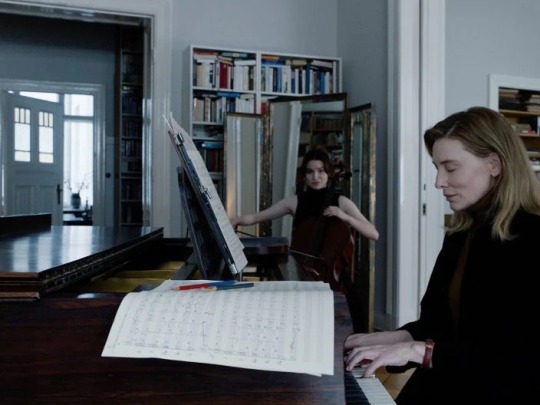

Cate Blanchett et Sophie Kauer dans "Tár" de Todd Field, janvier 2023.
4 notes
·
View notes
Text
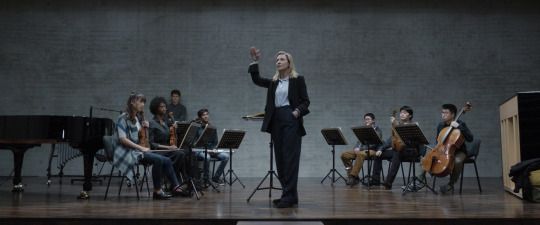



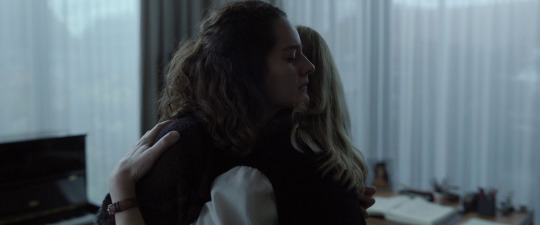
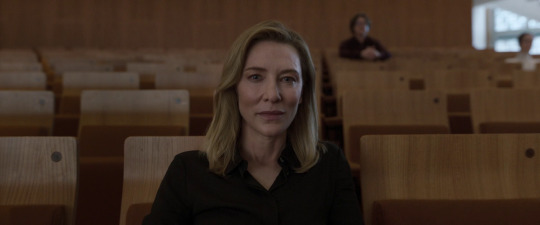

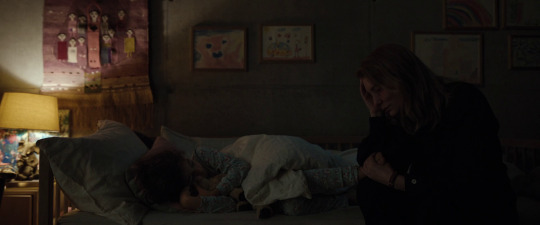
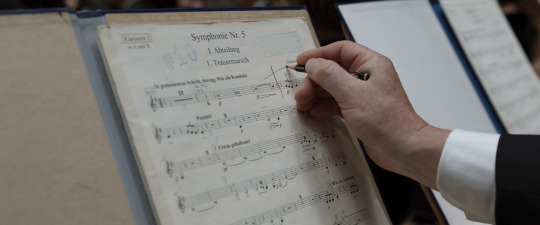

Tár (2022) | dir. Todd Field
#tár#todd field#cate blanchett#nina hoss#noémie merlant#sophie kauer#mila bogojevic#films#movies#cinematography#screencaps
280 notes
·
View notes
Text
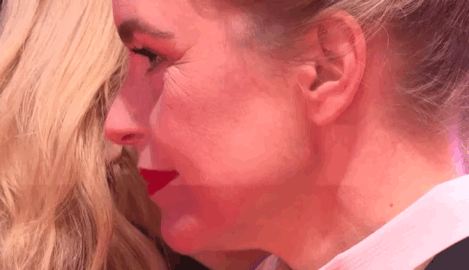

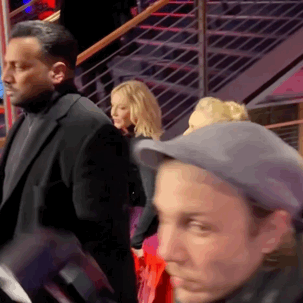







#nina hoss#cate blanchett#hildur guðnadóttir#Sophie Kauer#TAR#lydia tar#sharon goodnow#berlinale 2023
157 notes
·
View notes
Photo
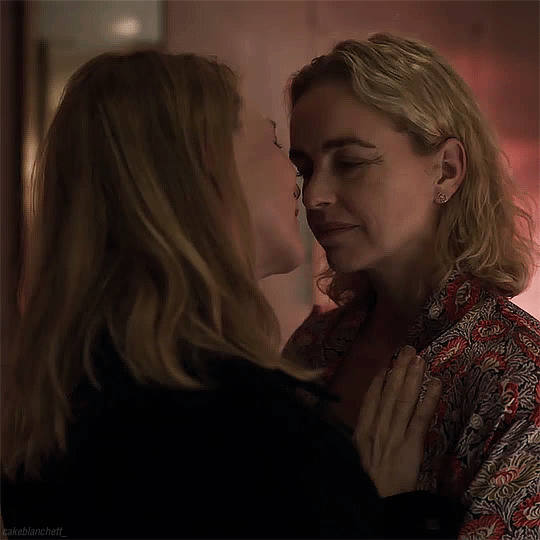

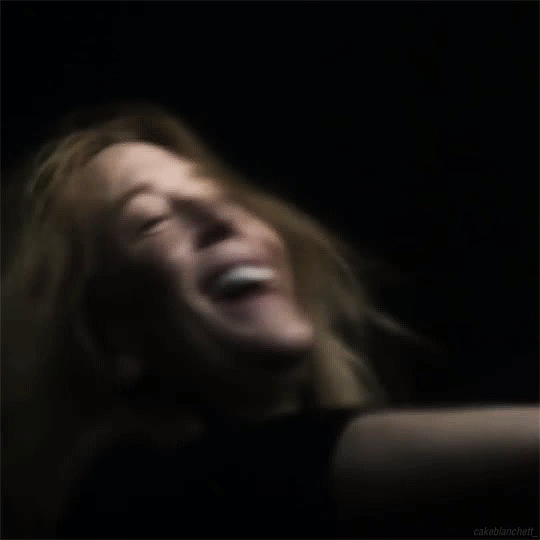
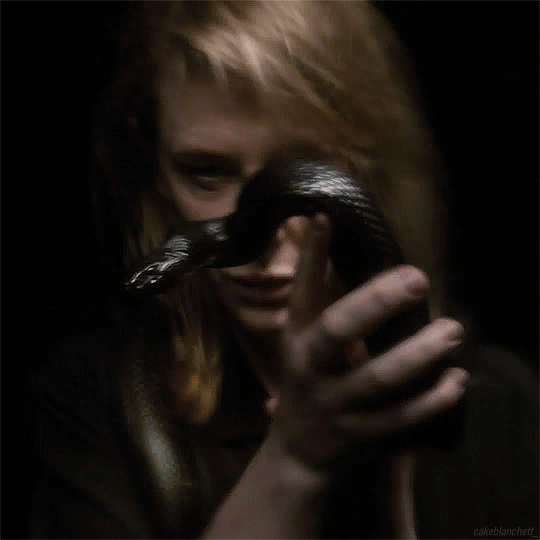
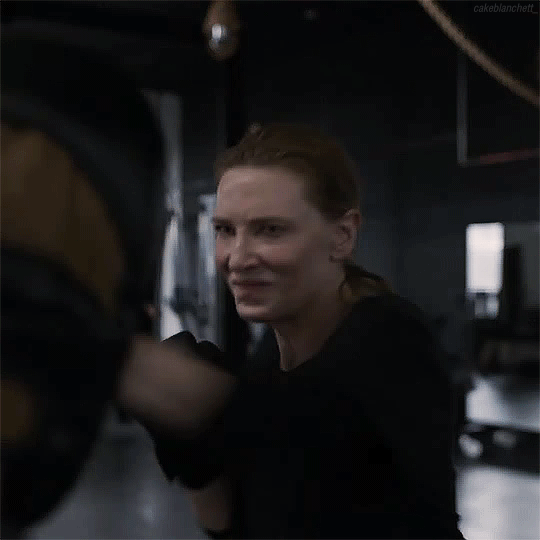


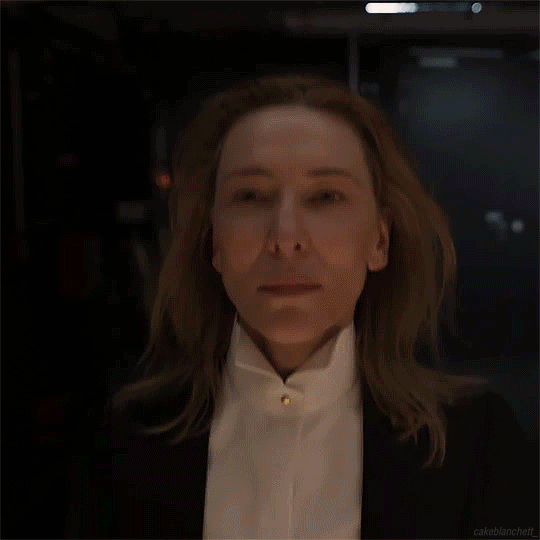


TÁR (2022), directed by Todd Field
— starring Cate Blanchett as Lydia Tár, Nina Hoss, Noémie Merlant, Sophie Kauer, Sylvia Flote
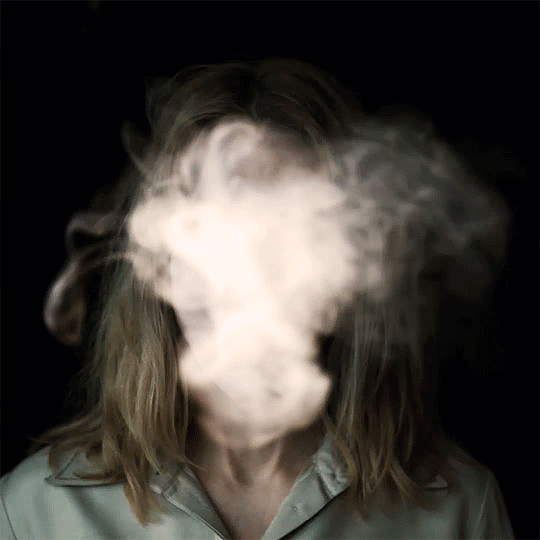


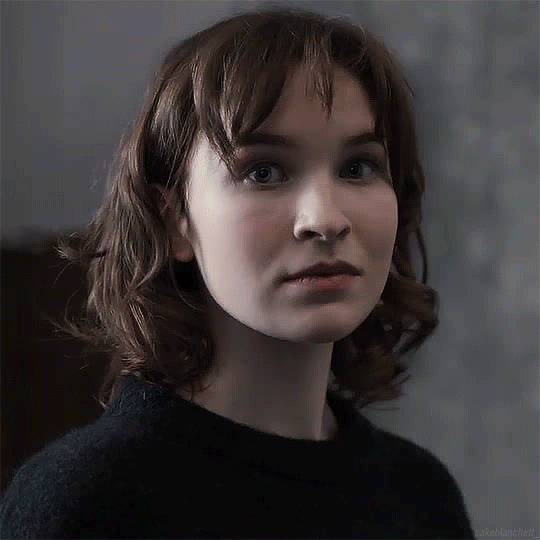

#cate blanchett#TÁR#todd field#tar movie#lydia tár#nina hoss#noemie merlant#sophie kauer#sylvia flote#my gifs#2022
457 notes
·
View notes
Text

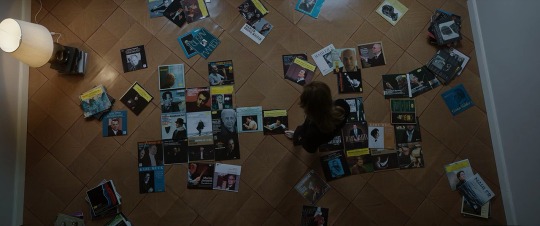


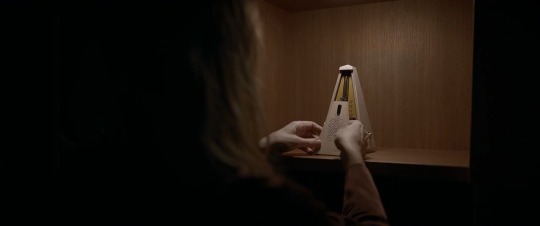
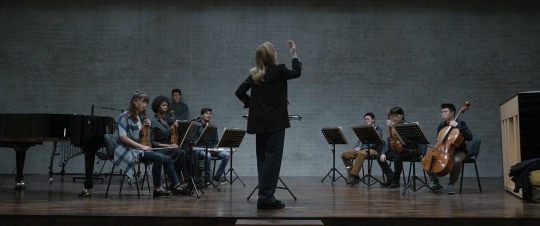
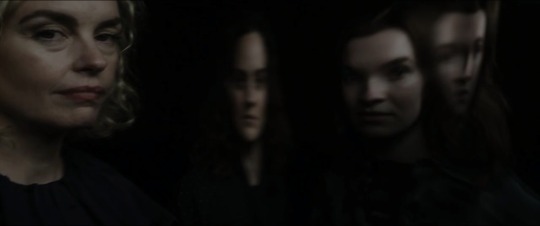


Tár (2022)
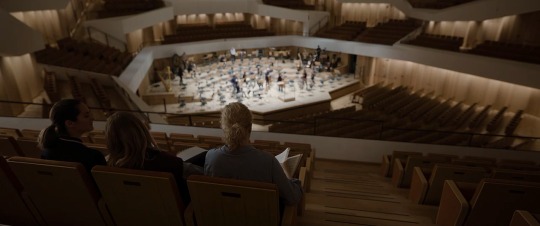
Director - Todd Field, Cinematography - Florian Hoffmeister
"It is always the question that involves the listener, it's never the answer."
#scenesandscreens#Tár#todd field#florian hoffmeister#cate blanchett#nina hoss#noémie merlant#sophie kauer#julian glover#allan corduner#mark strong#sylvia flote#adam gopnik#mila bogojevic#Zethphan Smith-Gneist#sydney lemmon
198 notes
·
View notes
Photo
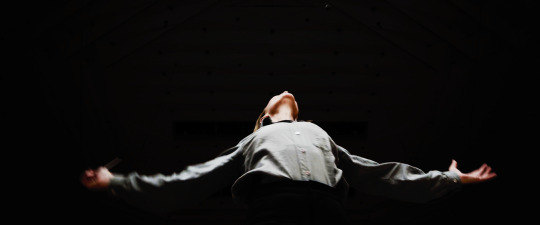





86 notes
·
View notes
Photo
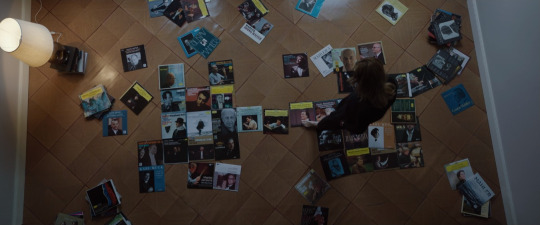



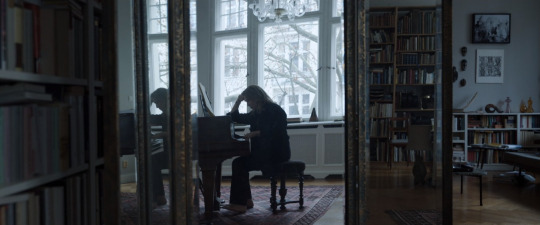


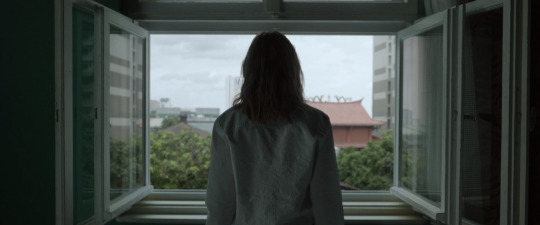
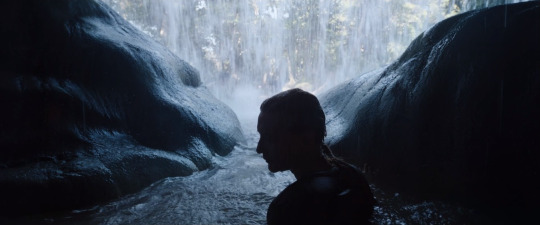

**Shots of the Movie**
Tár (2022)
Director: Todd Field
Cinematographer: Florian Hoffmeister
#shots of the movie#tar#tár#tár film#lydia tár#todd field#cate blanchett#florian hoffmeister#nina hoss#monster hunter#sylvia flote#noemie merlant#sophie kauer#cinema#cinematography#screencaps#screenshots#2022#2022 in film#2022 film#2022 cinema#2020s cinema#2020s film#film#movies#film stills#movie screencaps#focus#movie screenshots#2.35:1
105 notes
·
View notes
Text
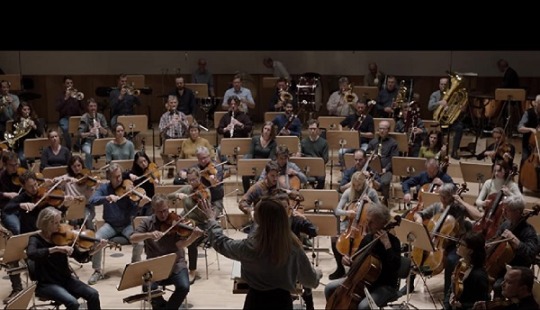

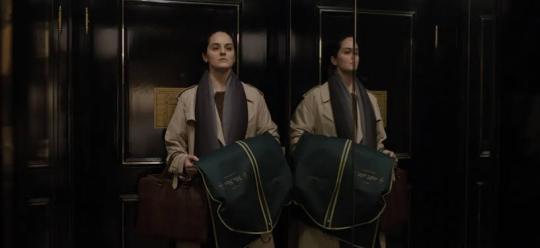
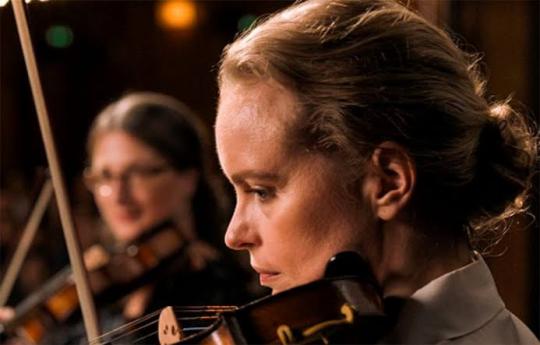
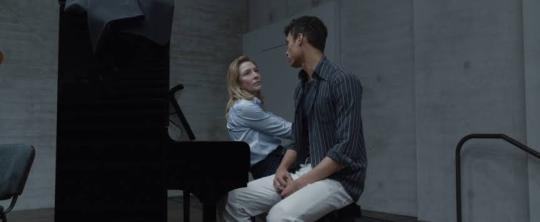


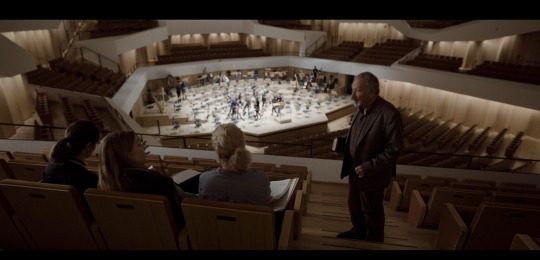
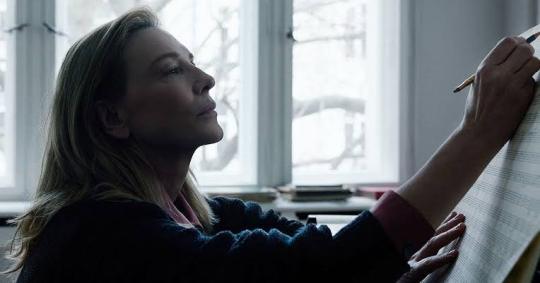


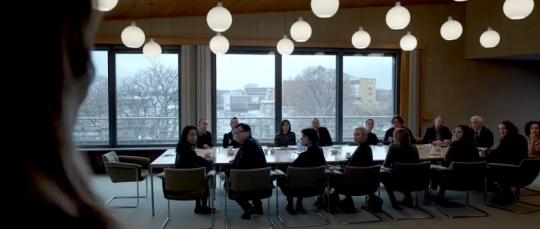




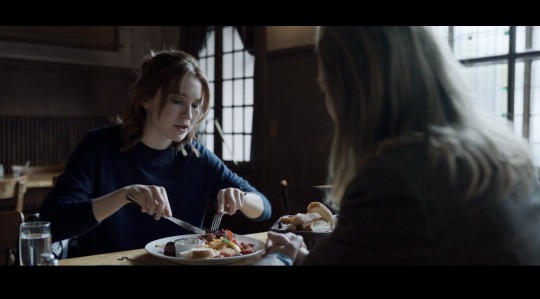
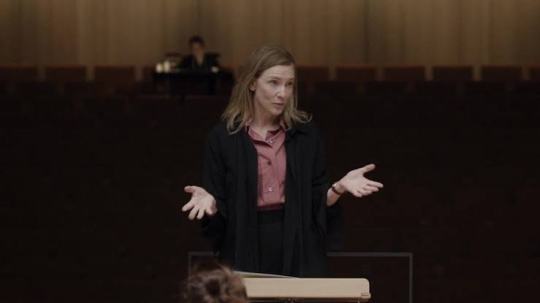

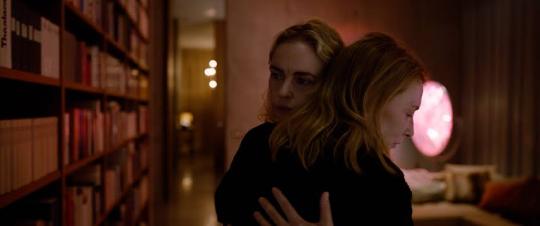

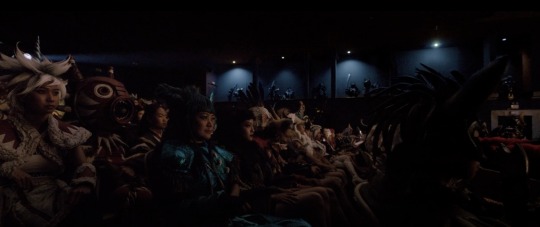
Tár - dir. Todd Field - (2022)
#movie#tár#cate blanchett#nina hoss#sophie kauer#noemie merlant#academy award nominations#academy awards#tár 2022#tár film#tár movie#lydia tár#sharon goodnow#krista taylor#oscars 2023#sylvia flote#todd field#composer#female lead#movies#film#drama#psychological thriller
42 notes
·
View notes
Text


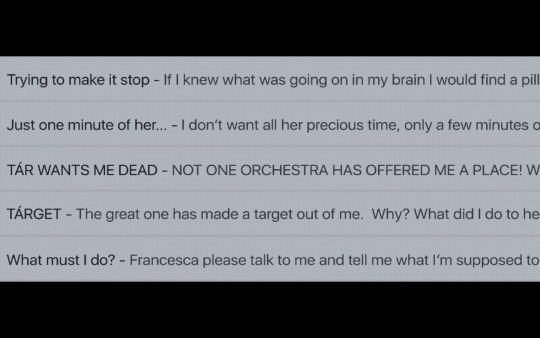






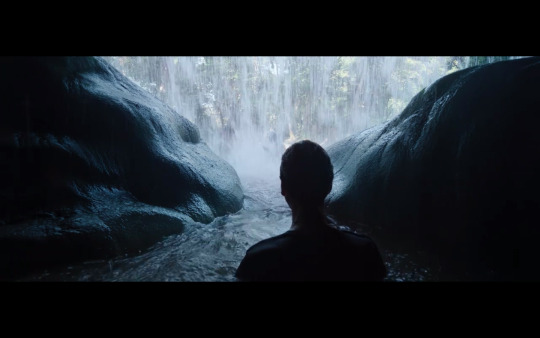
"Didn't you feel triumphant?"
Tár (2022)
Directed by Todd Field
Cinematography by Florian Hoffmeister
31 notes
·
View notes
Text
Tár (2022)
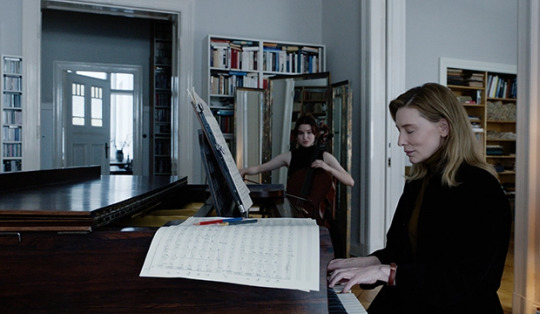
If Mahler stated that a symphony should be the world, then Lydia Tár’s professional symphony is crumbling around her. This is a story of grooming and professional corruption, about using power to take advantage of others and exploit them for what you desire. Yet Todd Field resisted the urge to make a simple Harvey Weinstein type story, opting instead to use the incredibly specific and incredibly dense palette of classical music and the orchestral industry as his palette. The movie doesn’t hold the viewer’s hand in the least; from moment one, references and nods are flying fast and loose, calling out everyone from Furtwängler and Karajan to Marin Alsop and Michael Tilson Thomas. Hildur Guðnadóttir plays a clever double-role, mentioned by name alongside peers such as Jennifer Higdon but also furnishing elements of the diegetic and non-diegetic soundscape. Extended rehearsal sequences in Tár’s pidgin German play out free of subtitles. The minutiae of orchestral union proceedings are debated time and again. All of these references, all of this time, all of this vocabulary is necessary to establish the zealous obsession that surrounds the craft for Tár. She has crafted her whole identity around being the next soothsayer of the Western canon, the protégée of Bernstein himself. More importantly, it’s a veneer of legitimacy. It’s clear from the start that the maestro is less than “politically correct”: a dressing-down of a Juilliard student regarding his opinions on contemporary art music and views on Bach steps beyond the pale of a misguided tough love approach and more into the territory of personal attack. But this is a pattern. Fields approaches the everyday administrative details of Tár’s life with the same meticulousness. Insidious little instances begin to float to the surface, indicating a predatory tendency that others notice and become increasingly intolerant toward. The camera lingers on Lydia’s assistant Francesca as she lip-syncs her boss’s plaudits during a public interview, casts furtive glances or begins to wonder why she’s being asked certain things. Even the matter of handing over a laptop becomes a dangerous prospect. And the conductor’s wife and colleague, concertmaster Sharon Goodnow, becomes increasingly disillusioned with Tár’s actions as a new affair begins to become apparent in newcomer cellist Olga. In this sense, the deliberate and clinical handling of camera in many scenes begins to build a case against the maestro, feeling in beats almost akin to The Assistant. A specific event involving a fellow for a program Tár started for women conductors lingers in the shadows, eluded to but never fully elucidated. Krista Taylor had no prospects in the field after Tár torpedoed her career. The maestro insists this was due to Taylor’s mental instability, but other evidence suggests that there was a revenge aspect to this. The fantasy life of private jets and book talks can be ripped away so quickly.
And yet the fantasy of it all does have its place in the tapestry of this narrative. As with music, there is room for ambiguity here, space to interpret. Especially in the back half of the film, Field calls into question Tár’s state of mind through her troubled dreams and strange nocturnal discoveries. Distorted images of the women in her life haunt her, intertwined with moments in the Amazon recalling her past ethnomusicological work. Yet as things begin to unravel and Tár loses the thread, the nature of objective reality becomes more tenuous. As with the scandal reveal, it’s subtle at first. In her rehearsal home, the maestro is haunted by a persistent doorbell sound, which heartbreakingly later turns out to be the elderly woman next door in distress. The legacy of Krista Taylor’s fallout and eventual suicide comes in the form of labyrinthine drawings which appear in gift book inscriptions, metronome faces, or formed in clay in her adoptive daughter’s room. Just where these come from or who makes them is never made explicit, but that doesn’t make them any less haunting for Tár. As she courts Olga, or seduces her, the cellist becomes ever more disillusioned with Tár just as she becomes more elusive. At one point, Tár chases Olga into the seemingly abandoned building where she perhaps resides, only to find the cellist vanished, seemingly a figment of her imagination. Descending into the basement, she instead finds a fox or a wolf, her predatory nature turning back on her. Ghosts haunt the periphery. By the time it has all fallen away, she rushes onto the stage mid-performance, attacking her impostor, claiming the score for herself. It’s her work, she alone can interpret it. Utterly fallen from grace, the final sequences play out like a sort of bizarro-world fantasy. New York is no longer a place of glamour, but an ugly outer borough rail station, everything drab and grey and muddy. Her final gig is the coup de grace. She is engaged to perform a Japanese work for a Southeast Asian concert hall. The final shot is a bitterly funny punch in the gut: she’s at the bottom of the barrel, performing video game music for a rapt audience of cosplayers. Goodbye haughty, lofty concert halls.
Noémie Merlant, Nina Hoss, and Sophie Kauer all turn in strong, nuanced performances. But Cate Blanchett is the obvious powerhouse here. She’s fun as the haughty, dismissive maestro who knows just how it’s all done. This makes her fall all the more pathetic, not even able to see her daughter. It’s a late scene which cements just how hard this has all hit her, and a brilliant piece of acting from Blanchett. Sitting alone at her old family home in New York with a childhood field hockey medal around her neck, Tár watches a recording of one of Leonard Bernstein’s Young People’s Concerts where he describes how music can be used to communicate ideas words cannot. Her face says it all: this is her whole world still, but now she no longer can access it, by her own hand. She controlled time with her baton, but she cannot control others in the same fashion.
THE RULES
PICK ONE
Select either MAHLER FIVE or the ELGAR CELLO CONCERTO and sip whenever that work is mentioned.
SIP
Someone name-drops a composer or conductor.
The narrative transitions to a new city.
Lydia calls someone a robot.
A scene contains a language other than English spoken in dialogue.
BIG DRINK
A labyrinth is drawn on something.
Tár cuts off the orchestra during rehearsal.
#drinking games#tar#todd field#cate blanchett#noemie merlant#sophie kauer#nina hoss#drama#oscars 2023#mahler#elgar#hildur guðnadóttir
43 notes
·
View notes
Photo



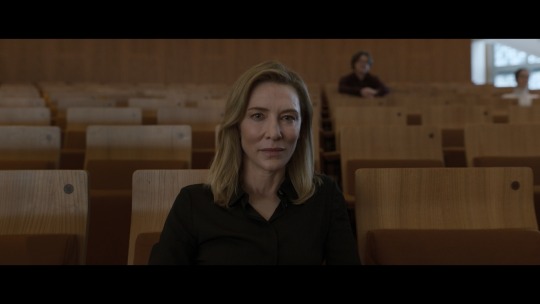
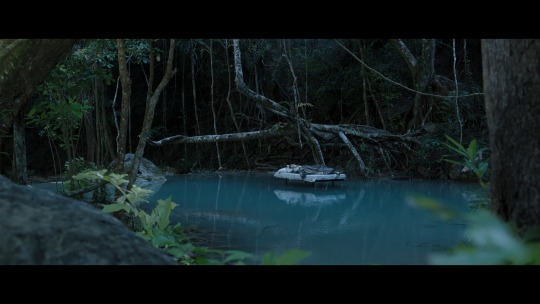


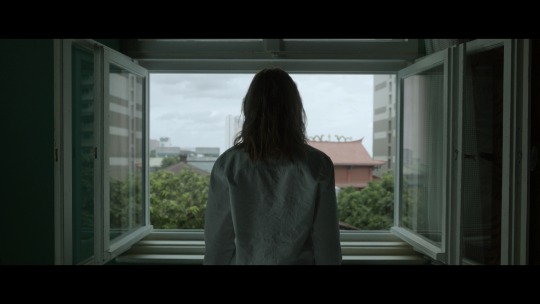

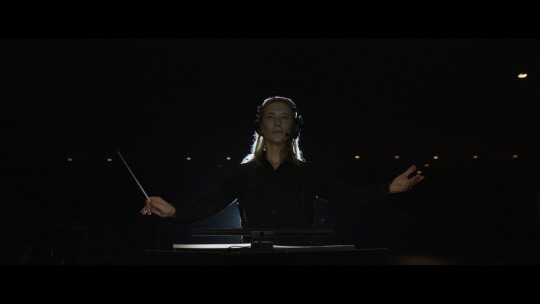
Tár, 2022
Dir. Todd Field
19 notes
·
View notes
Photo

"Tár" de Todd Field avec Cate Blanchett, Nina Hoss, Noémie Merlant, Julian Glover, Allan Corduner, Mark Strong et Sophie Kauer, janvier 2023.
3 notes
·
View notes
Text
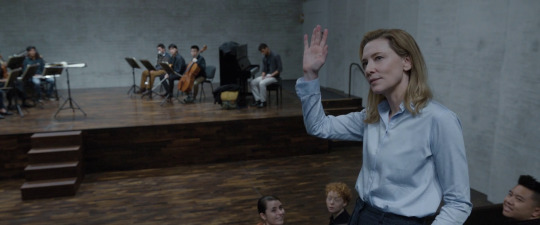
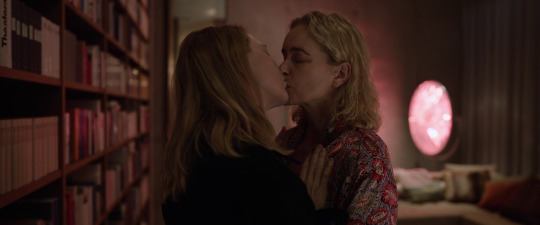
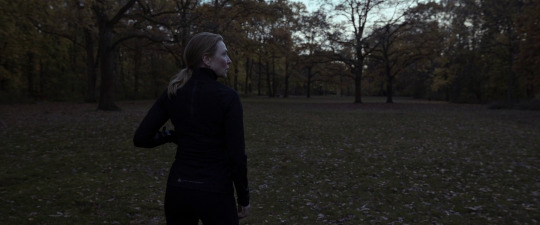
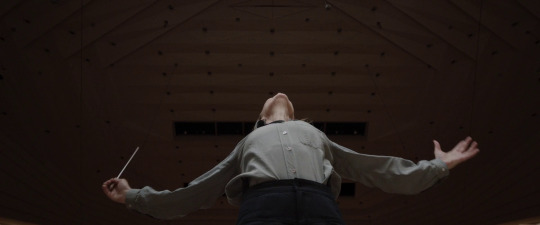
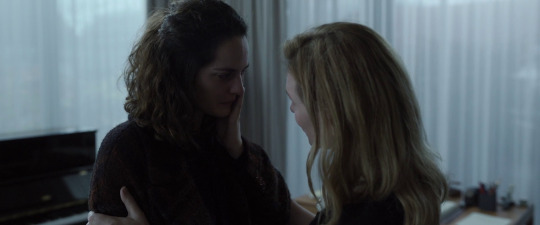

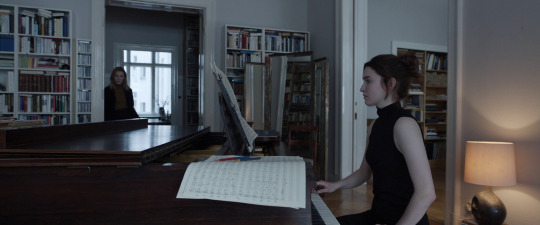


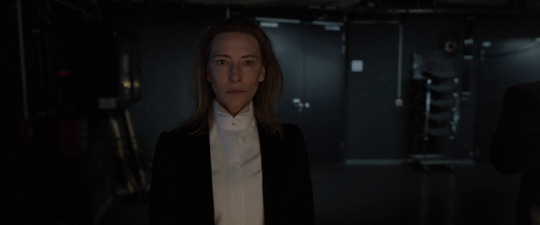
Tár (2022) | dir. Todd Field
#tár#todd field#cate blanchett#nina hoss#noémie merlant#sophie kauer#mila bogojevic#films#movies#cinematography#screencaps
264 notes
·
View notes
Text
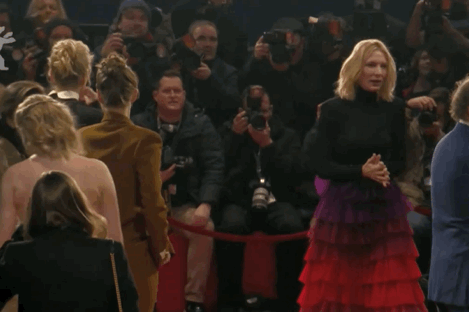
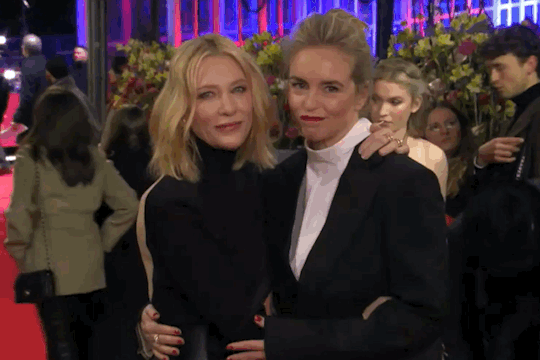
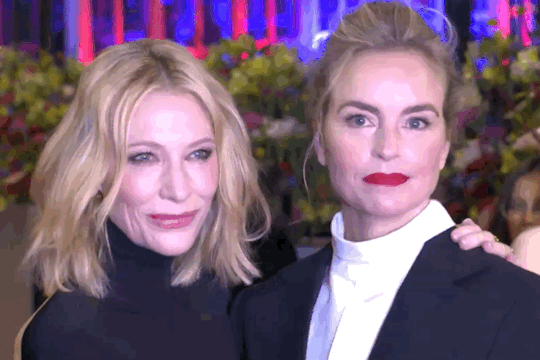



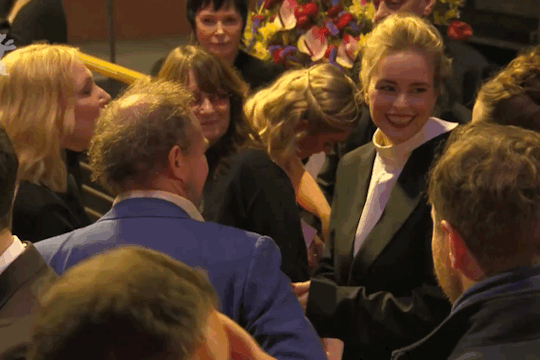
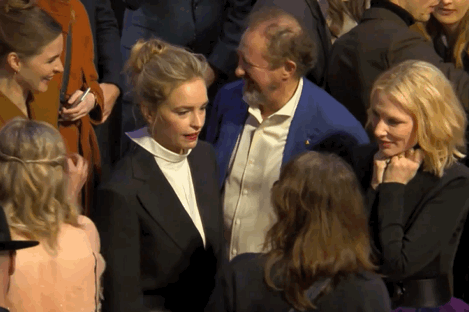

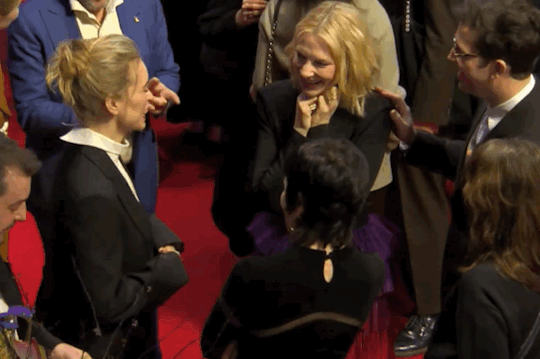
108 notes
·
View notes
Photo
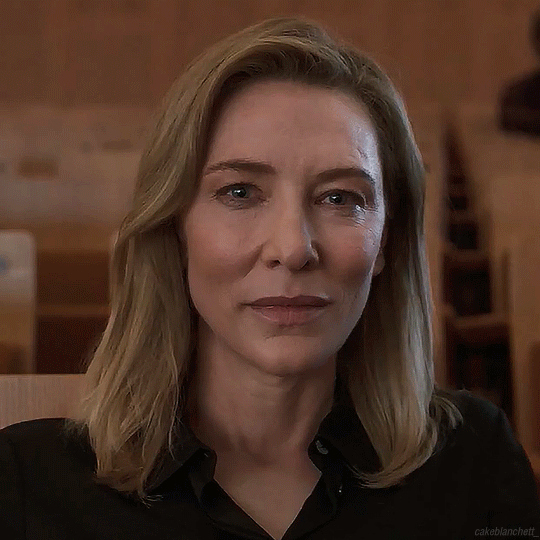



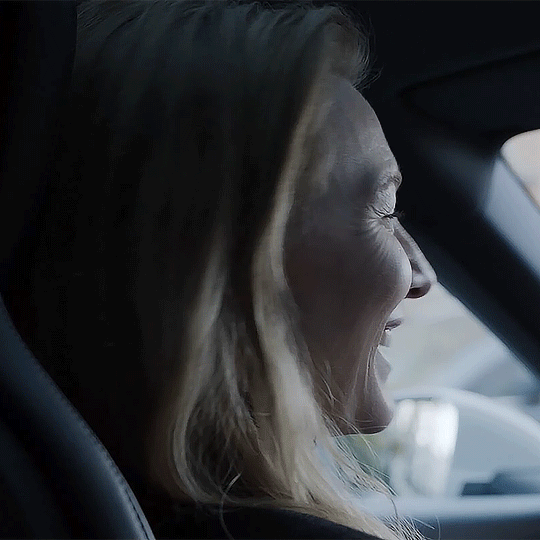

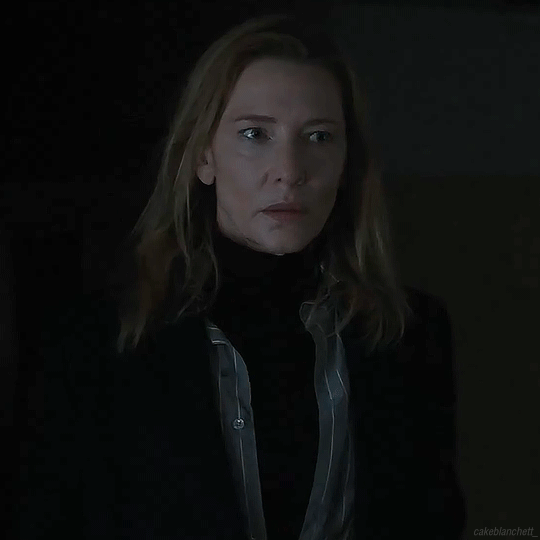
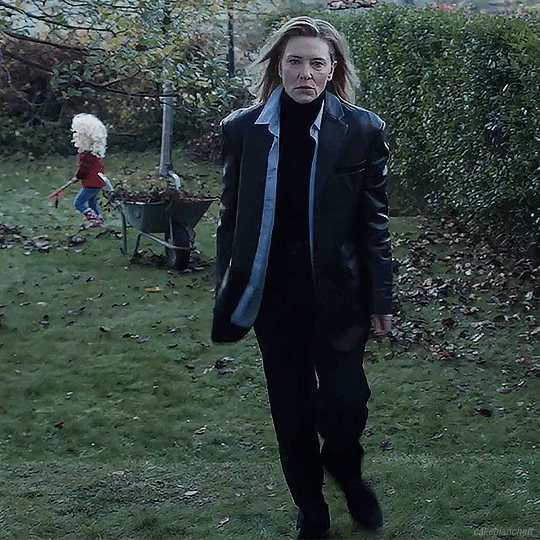
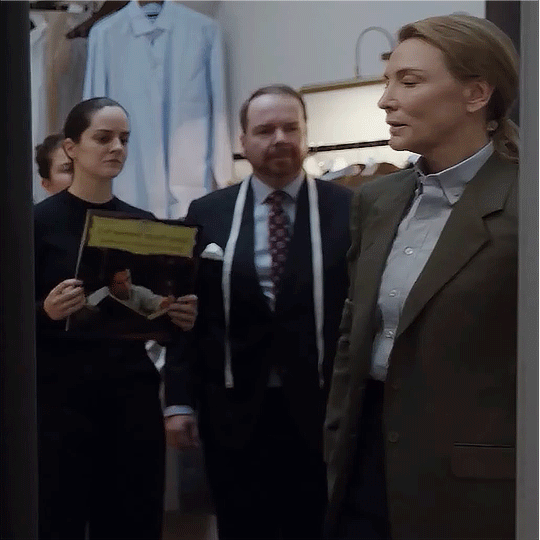
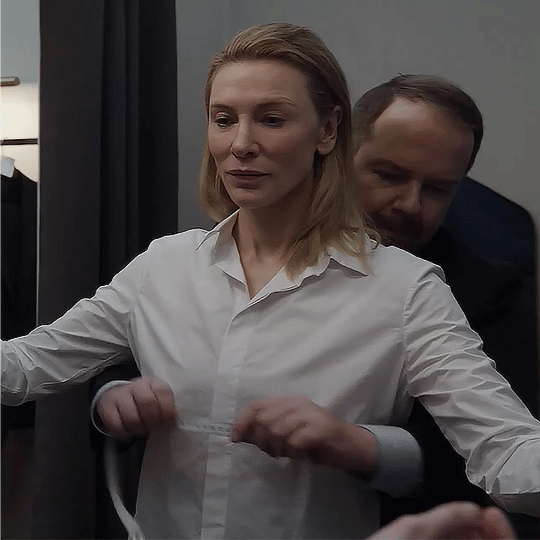
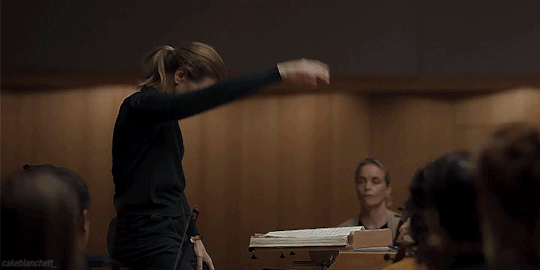
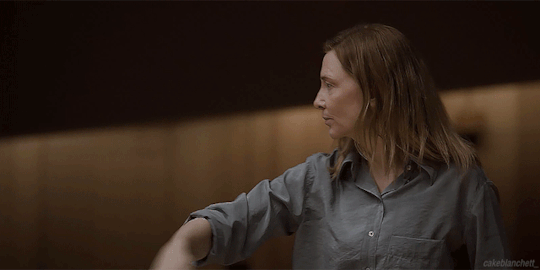
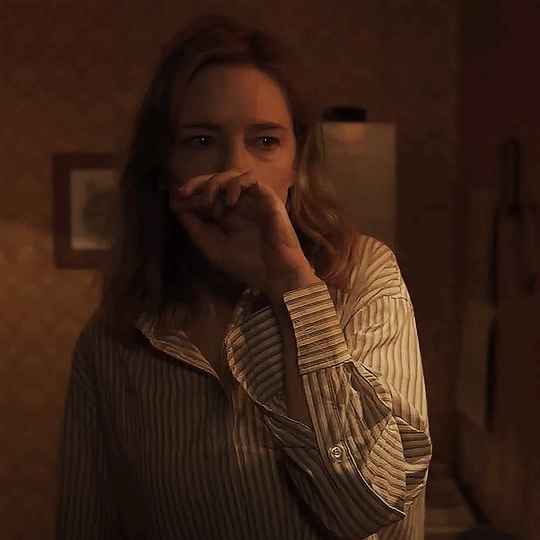
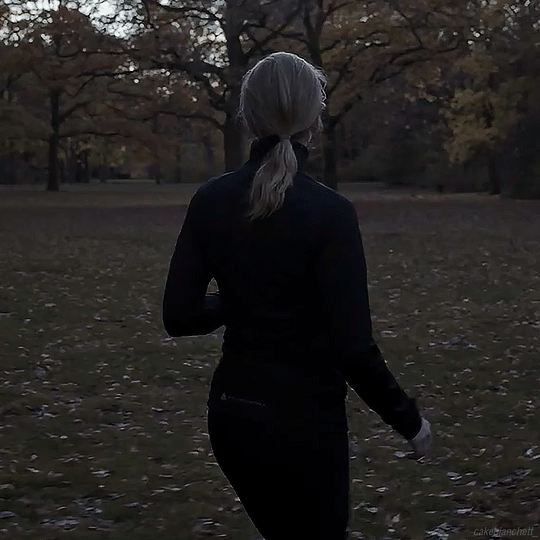
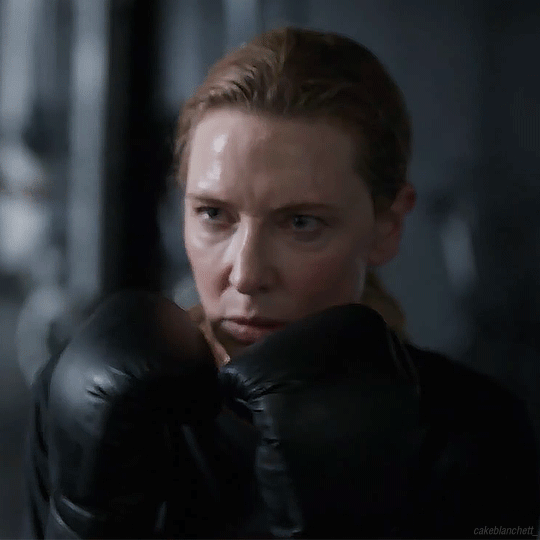


TÁR (2022), directed by Todd Field
Part 1
#cate blanchett#tár#lydia tár#todd field#nina hoss#sharon goodnow#sophie kauer#noemie merlant#my gifs#2022
372 notes
·
View notes
Photo
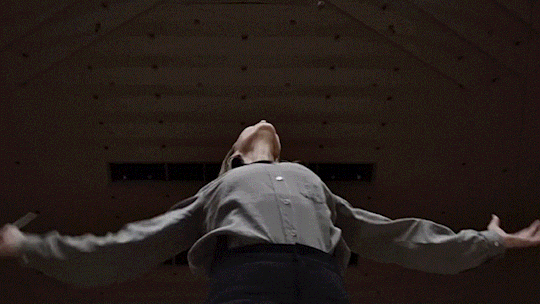
Don't be so eager to be offended. The narcissism of small differences leads to the most boring kind of conformity.
Tár, Todd Field (2022)
#Todd Field#Cate Blanchett#Noémie Merlant#Nina Hoss#Sophie Kauer#Mark Strong#Zethphan D. Smith Gneist#Mila Bogojevic#Allan Corduner#Julian Glover#Lydia Schamschula#Florian Hoffmeister#Hildur Guðnadóttir#Monika Willi#2022
27 notes
·
View notes